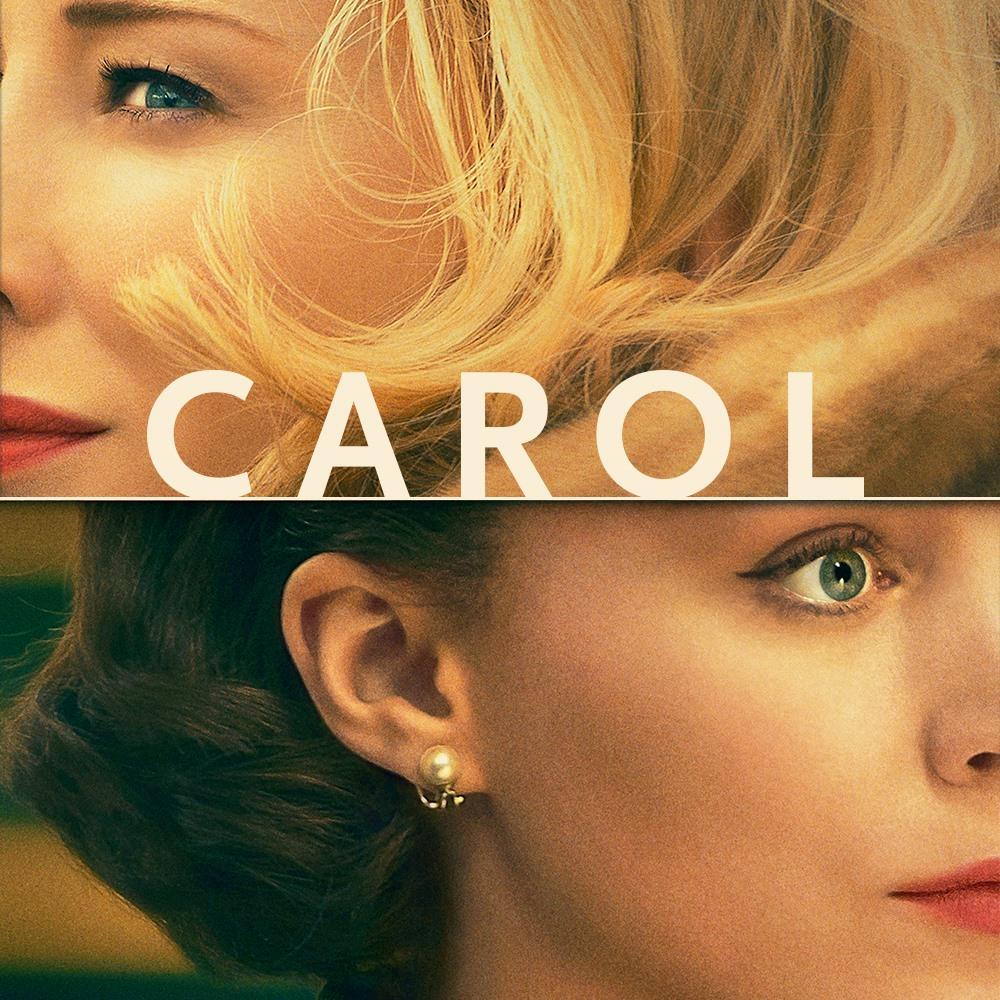Directed by Todd Haynes, “Carol” tells the “love-at-first-sight” story of two women, socialite Carol Aird (portrayed by Cate Blanchett) and part-time department store worker Therese Belivet (portrayed by Rooney Mara). The narrative follows them into their quiet, elusive world of hidden romances during the 1950s. Adapted from “The Price of Salt,” a screenplay written by Phyllis Nagy, “Carol” breeds a finely aged, classical romance centered around two lesbians who, shockingly, live happily ever after.
I’ve always felt a certain way about lesbian movies (or movies featuring lesbians) because these films have been some of the worst I’ve sat through. It’s a vicious cycle, I get my hopes up while the film is being promoted, and as I sit through the movie I realize that this lesbian-centric film is like all the rest. It doesn’t let the lesbian win. Someone has to fall dangerously ill, die tragically, fall victim to famine, or some other fourth thing.
Despite this wariness, I was excited to see “Carol” soon after seeing a preview of it at the movie theater. Period films satisfy my palette generously, and lesbian films starring admired actresses gave me reason to have a little more hope than usual, and “Carol” looked like it was going to satisfy both of those needs.
After seeing the film, I was not disappointed. It’s tastefully done, the color palette centered around muted, warm colors mirroring the quiet, but fervent relationship between Aird and Belivet. The delicate nature by which Aird lives is something Belivet finds herself immersed in after her and Aird begin their hidden affair.
The film follows Therese Belivet (Mara), an aspiring photographer, as she immerses herself with elegantly furred Carol Aird (Blanchett). Finding herself infatuated with the older woman, Belivet and Aird engage in a relationship one would describe as wholesome, but marred by outside causes. Abrasive, smothering boyfriends—desperate husbands, divorce suits. The world is not kind to these women, but they find escape in one another.
A soft classical soundtrack written by Carter Burwell mirrors the film, and the romantic strings accompanied by the tender nature of the film darkened the interactions between Belivet, Aird and the rest of the world around them. Cinematically, “Carol” was great. The shots were interesting, and though the beginning does drag on a bit long, the story and development between these two women end the film on a tentatively hopeful note.
Talking about the ending (warning: spoilers alert)—while Aird and Belivet do, against all odds, manage to find their way to one another again, a “happy ending” is not promised. It leaves much to be desired, especially considering most films in this category center around the tragedy of these relationships.
It’s a film that’s definitely worth watching, as Blanchett and Mara glowed warmly beneath those softened camera lights and their at times minimalist method of acting worked strongly in their favor. “Carol” is a cinematic token, and it’s my hope that this film will get a lot more recognition this coming awards season.




